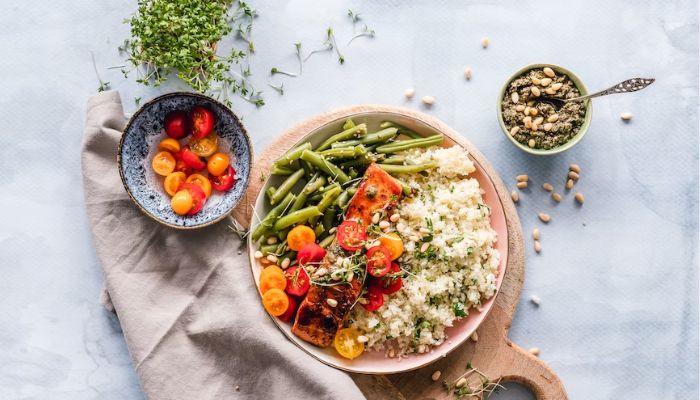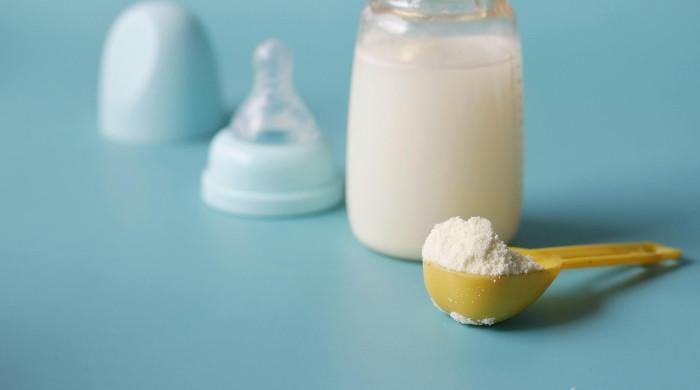Foods that keep skin moisturised during winters
Healthy diet will help you reduce your skin's dryness
December 25, 2022

During the winter season, we all moisturise our skin externally but did you know that you hydrate your body internally as well?
A healthy diet will help you reduce your skin's dryness in addition to consuming lots of water to keep your body and skin hydrated.
It's crucial to make sure you're including essential nutrients in your diet every day because studies have shown a connection between vitamins and nutrients and the general health of the skin.
If you aren't getting enough vitamins A, C, D, E, zinc, or copper in your diet, supplements are an excellent method to make up the difference. Each of these vitamins contributes to the hydration, barrier protection, collagen protection, and healthy glow of your skin.
Foods for dry skin
Beef liver
Beef liver has a lot of vitamin A. This important vitamin promotes moisture retention, which relieves irritated skin caused by conditions like psoriasis and helps prevent UV damage. It might even aid in preventing acne and skin cancer. Even though most people find beef liver to be unappealing, just three ounces of beef liver provide about 731% of your daily requirement for vitamin A.
Sweet potatoes
Sweet potatoes are more than just a popular side dish for holidays. These are also good sources of vitamins A and C. But be aware that an excess of vitamin A can also result in chapped lips and dry skin. On the other hand, vitamin C can support the growth of collagen in your skin. Your skin is kept moisturised, healthy, and, plump and bouncy by that collagen.
Salmon
Salmon is also known for having a high concentration of omega-3 fatty acids. These fatty acids are oils that assist in controlling and maintaining the moisture level of your skin.
Omega-3s can also aid in clearing up any breakouts you may be having. If you currently take fish oil pills, a piece of salmon can help you increase your consumption of these oils since it is a natural source. Salmon contains a significant amount of vitamin D, which can aid with dryness and irritation.
Oranges
Oranges contain a lot of vitamin C, as you are fully aware. Start each day with an orange or a glass of pure orange juice throughout the colder months of the year (or really any time of year). This will provide you with an early morning vitamin C boost. For hydration, potassium is also included in oranges.
Spinach
Choose leafy green spinach for your next salad, side dish, or warm soup because it has numerous health advantages, including being good for your skin. Potassium and vitamins C are abundant in spinach. Potassium is another important nutrient to pay attention to because it keeps your entire body, including your skin, moisturised.
Almonds
Another food source of vitamin E is almonds, which support your skin barrier by retaining moisture within to keep your skin hydrated. Almonds are a healthy snack that will benefit you in general because they are a fantastic source of protein and fibre in addition to helping to keep your skin hydrated.











